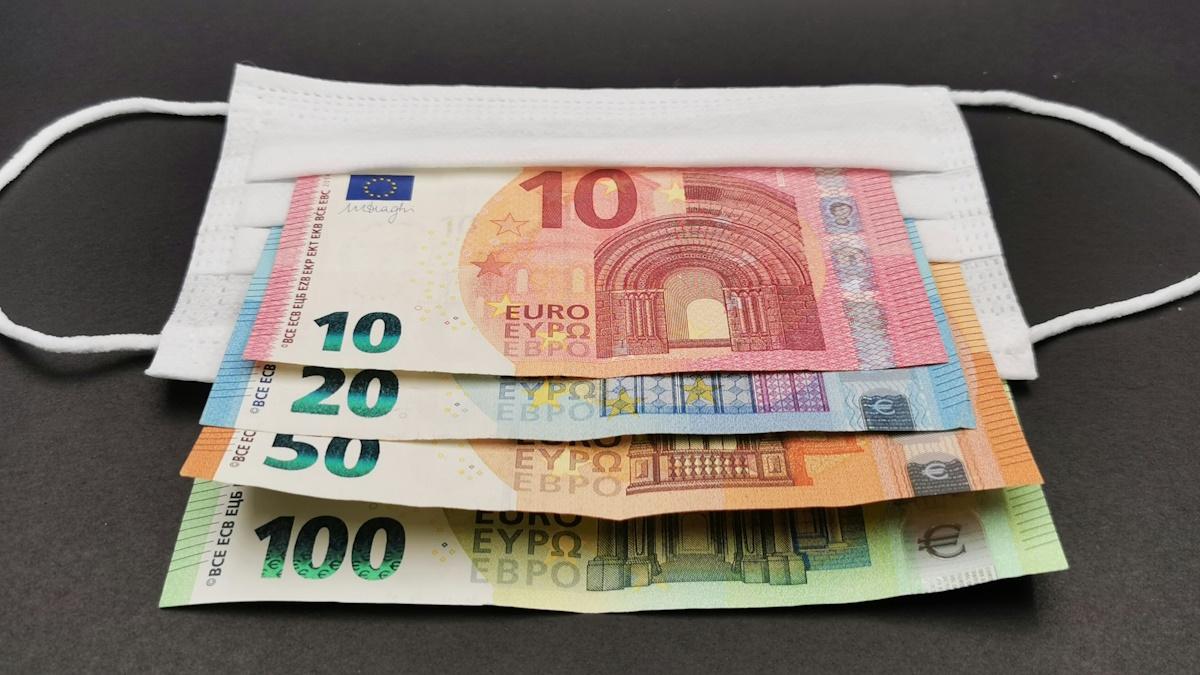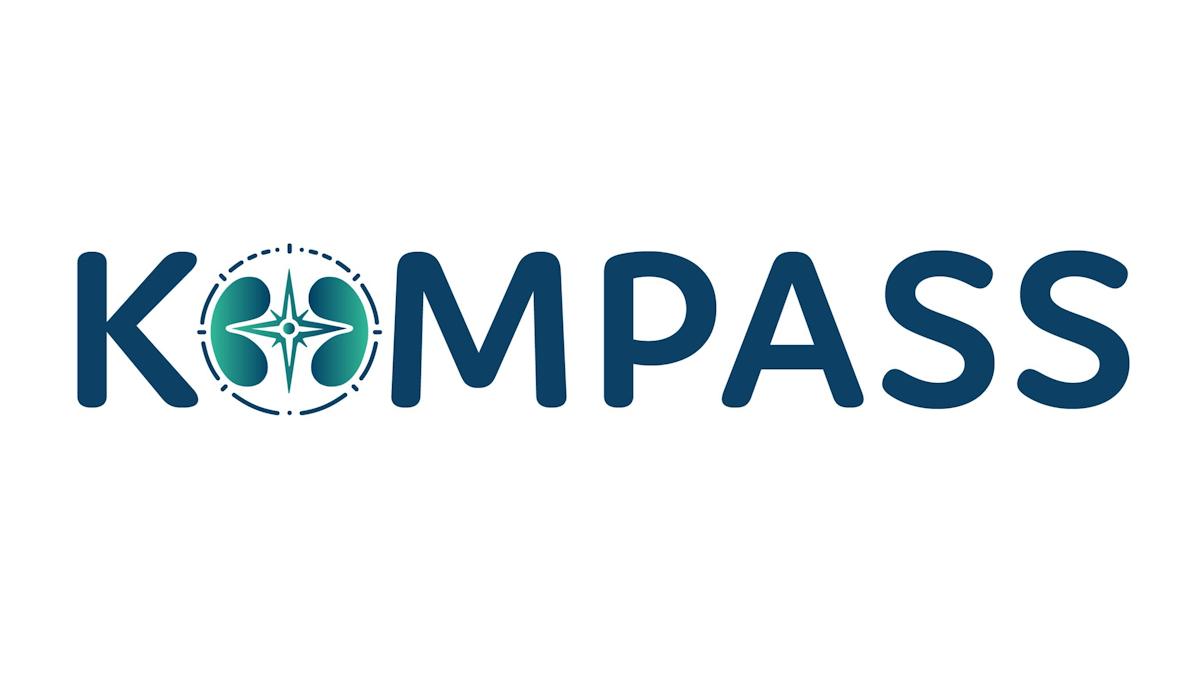Patient organisations 'too influenced by corporate funders'

Researchers in Europe have called for action to safeguard the independence of patient organisations, after finding potential for a "hidden conflict of interest" in a study.
The team from the University of Bath in the UK, Poland's Kozminski Academy, and Lund University in Sweden have concluded that patient advocacy groups and charities are at risk of aligning their interests with their corporate funders – even when this does not benefit their members.
The research focused on Poland, the birth country of lead investigator Piotr Ozieranski of Bath's Department of Social and Policy Sciences, and compared funding models in the central European country to those seen in Western Europe and North America.
It found that there had been a steady increase in pharma company funding between 2012 and 2020, both in the value of individual payments and the overall amount donated, which the researchers say mirrors the situation in other countries where patient groups are increasingly dependent on corporate funding against a backdrop of reduced government support.
"Patient organisations have established themselves as key stakeholders in the health policy domain […] and there's an assumption that they are independent and represent their members' interests alone," commented Ozieranski.
"Pharmaceutical companies are eager to fund their work, but this comes with strings attached," he added. "Companies play the long game – they don't want anything obvious in return for their funding, but over time, they build closer ties with the patient organisations."
That can take the form of shared projects and conferences and sometimes joint testimony to scientific advisory bodies, claims Ozieranski, who has concluded that drugmakers "shape and mould patient organisations over time."
The new study – published in the International Journal of Social Determinants of Health and Health Services – found that in Poland, like other countries, there is evidence of concentrated funding going to certain high-profile groups, particularly in cancer advocacy, with the top 10 recipients amassing almost half of the total.
The researchers were concerned, however, about "a pattern of exclusivity of funding relationships" in Poland, which they suggest could foster unhealthily close ties and requires further study. Many patient organisations in Poland form exclusive or nearly exclusive financial ties with one, or a few, companies, according to their findings.
A new approach
They are calling for a new approach to funding, in which a central shared pool of funding is supported by all companies, but managed by an independent body responsible for evaluating and approving project proposals. In most countries, industry funding of patient advocacy groups is currently covered by self-regulatory processes.
They also point to a positive example from Poland, where taxpayers are invited to allocate 1.5% of their income tax to a specific patient organisation, and recommend that company funding be replaced by other sources "whenever possible." Finally, countries should operate a state-run, state-mandated database of all payments made to patient organisations, doctors, and hospitals to ensure transparency.
"At the moment, there's no such place and, as you might expect, companies are not always truthful about the funding they disclose," commented Kozminski's Dr Marta Makowska.
Photo by Nedret Binici on Unsplash












